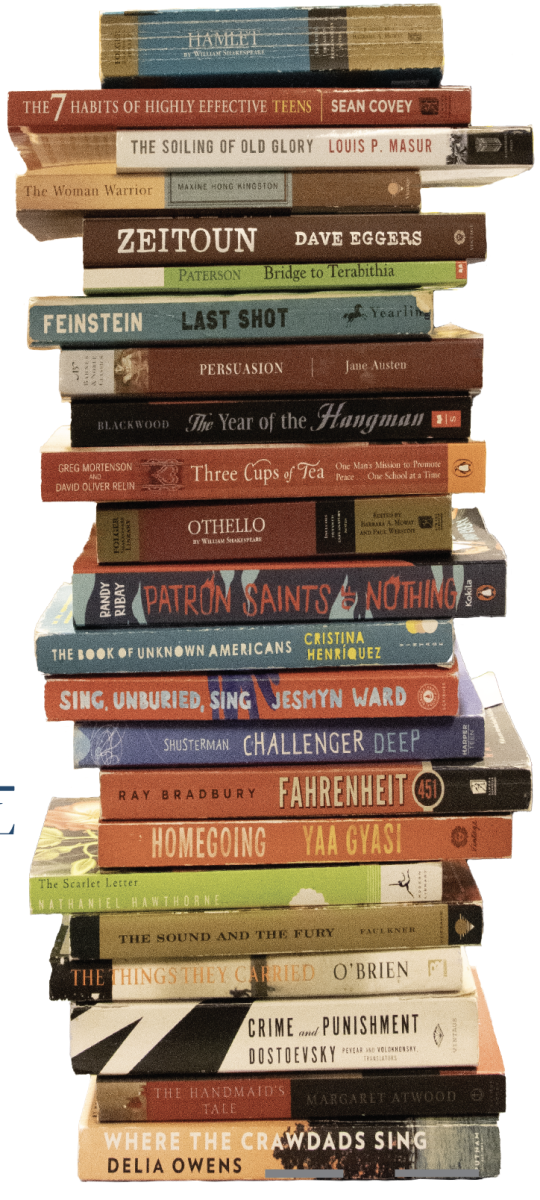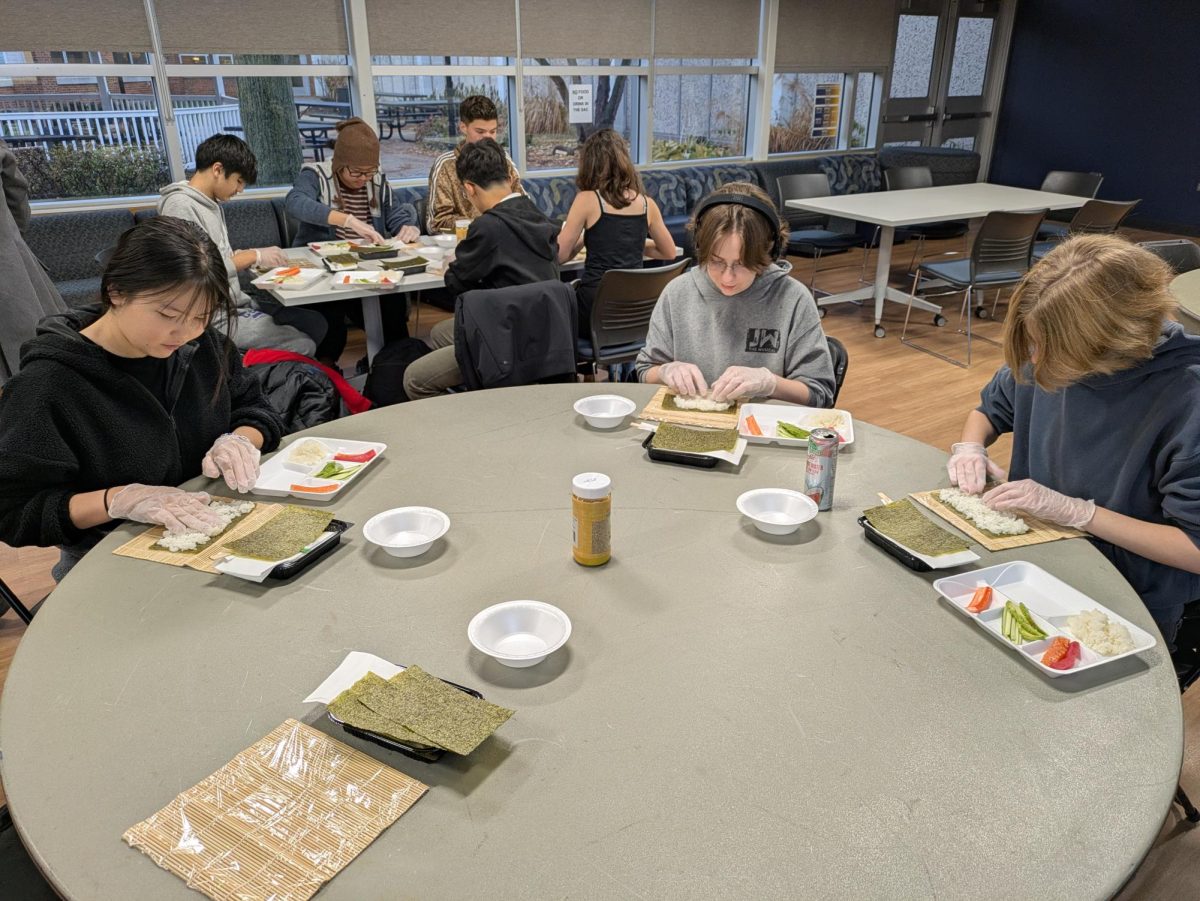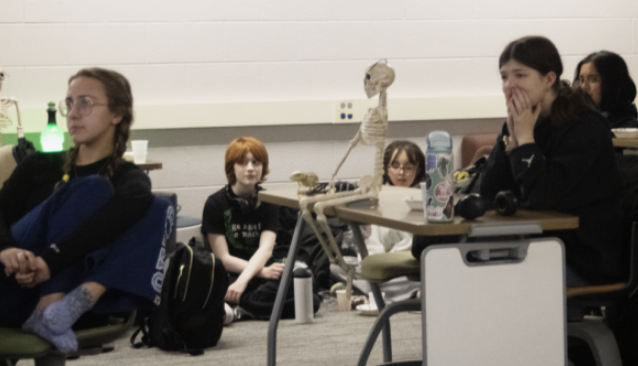Marshall Harris, English teacher and Oracle advisor, was a vendor at Wrigley Field for ten years during high school, college, and his first few years of teaching. He began working at Wrigley Field during his sophomore year of high school.
“It was a lot of fun and extra money,” Harris said. “It was an awesome experience.”
According to Harris, his experience consisted of walking up and down the aisles trying to make a sale and afterwards getting to watch the game for the last two innings, a practice not appreciated by his bosses.
He explained that there were many cool aspects of his job.
“They hire everyone, there’s no interview process, you basically just go and sign up,” Harris explained. “If I were a sophomore in high school or a junior in high school right now, I would go get that job, especially if I were a big baseball fan.”
Harris witnessed some historic moments while working at a stadium with thousands of people and cameras.
“In the summer of 1998, Sammy Sosa was going after the all-time home run record and when he broke it, […] I was on TV,” Harris said. “I was selling beer in an aisle and I was right behind where the hitter stands so you can see me, and I was on Sportscenter at night, and all my friends were calling me.”
Harris says he was also about 50 feet away from the famous “Bartman incident” in October of 2003.
Political science teacher David Kane, who was a lawyer before becoming a teacher, says he was not passionate about his previous job.
“Other than sports, there’s not another job where someone’s actively trying to make you lose,” Kane said. “I liked being a lawyer but I didn’t have a huge passion for it; I’m not a person who loves arguing.”
Although Kane was not one for arguing, he still believes there were some pros to being a lawyer.
“Some of the best days are when I’d have trials or big motions; there’s nothing like the feeling of coming out of a trial and having won it,” Kane said.
Despite those moments of happiness, Kane realized that that job was not meant for him. He recalled a Thanksgiving dinner with his dad where a moment of epiphany occurred to him.
“My dad was leaving the next day for somewhere in Iowa and I was making fun of him, like, ‘Dad, [you] know your house is paid for, the kids are all out of college, we’re all married–why are you leaving Friday after Thanksgiving?’,” Kane said. “And he told me, ‘I love what I do’.”
His dad’s actions really made Kane stop and think about his own career choice.
“That was the moment I said I don’t love what I do, [and] I would quit my job tomorrow,” Kane said. “My dad, who was in his mid 60’s, was driving halfway across the country because he loves what he does; I have to find something that I love to do.”
Another teacher who had an interesting job before coming to South is science teacher Jenny Friedmann, who was a professional actress prior to her teaching career.
“[Acting] started off very rewarding, […] and it eventually got to be less rewarding and more frustrating,” Friedmann said. “You can be really talented and do all the right things and still not get cast or not be successful or not be able to build a career on it.”
According to Friedmann, in order to pursue an acting career she had to maintain many day jobs, which included retail, temping, and others.
“When I liked my job, it made it easier to keep up with the rigorous schedule, [but] when I didn’t like my job, it was harder,” Friedmann said.
Friedmann explains that her favorite part of acting was being able to interpret one thing in many ways.
“I was naturally good at reading lines and making characters come to life, “ Freidmann said. “I loved that I could make the same person say the same thing ten different ways and it would mean something completely different each way.”
According to Friedmann, sometimes she still notices her experiences with acting in her personality.
“You can always tell when I’m tired in the classroom,” Friedmann said. “I’ll start getting really goofy. That’s when my theatre side comes out.”
Friedmann feels that her day jobs and her career as a professional actress have helped her become a better teacher.
“A little life experience helps anyone who’s going to teach anything,” Friedmann said. “Anyone who has spent time […] doing more interesting things [brings] more to the front of the classroom.”







